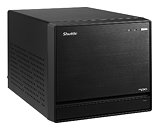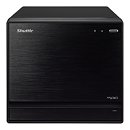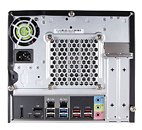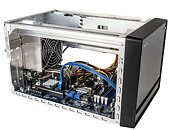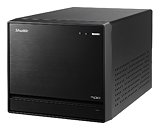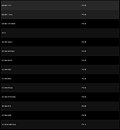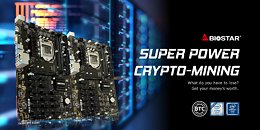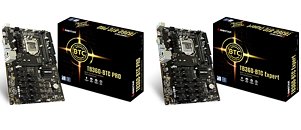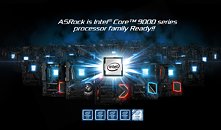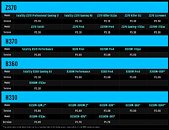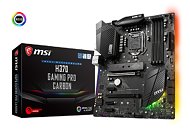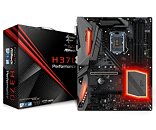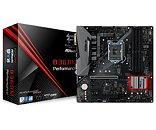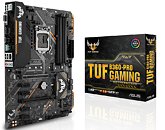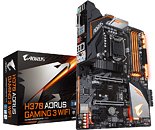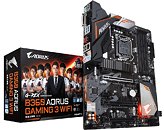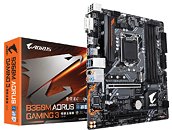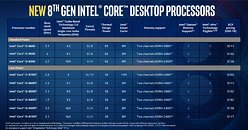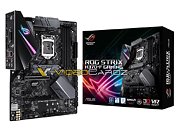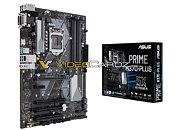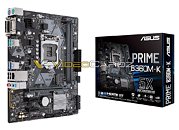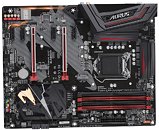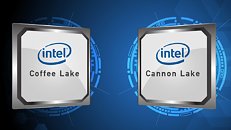
Shuttle Supplies Mini-PC in a Cube Format for 9th Gen Intel Processors
The product family of XPC cubes has a new member: With the SH370R8, Shuttle presents a powerful model for the latest Intel Core processors of the 9th generation and graphics cards from the NVIDIA GeForce RTX 20 series. The SH370R8 targets power users, network users and gamers alike. Based on Intel's H370 chipset, the XPC Barebone SH370R8 supports all the latest Intel Core processors of the "Coffee Lake" series for socket LGA1151v2 with up to 95 W TDP, including the top model Core i9-9900K with eight cores and 16 threads. Four slots are also provided for a total of up to 64 GB of DDR4 memory.
Based on Intel's H370 chipset, the XPC Barebone SH370R8 supports all the latest Intel Core processors of the "Coffee Lake" series for socket LGA1151v2 with up to 95 W TDP, including the top model Core i9-9900K with eight cores and 16 threads. Four slots are also provided for a total of up to 64 GB of DDR4 memory. "The R8 format offers maximum performance and features in a compact size," explains Tom Seiffert, Head of Marketing & PR at Shuttle Computer Handels GmbH. "It is ideal for use in ambitious gaming or professional applications. Storage scenarios with up to four 3.5-inch drives are also possible."
Based on Intel's H370 chipset, the XPC Barebone SH370R8 supports all the latest Intel Core processors of the "Coffee Lake" series for socket LGA1151v2 with up to 95 W TDP, including the top model Core i9-9900K with eight cores and 16 threads. Four slots are also provided for a total of up to 64 GB of DDR4 memory. "The R8 format offers maximum performance and features in a compact size," explains Tom Seiffert, Head of Marketing & PR at Shuttle Computer Handels GmbH. "It is ideal for use in ambitious gaming or professional applications. Storage scenarios with up to four 3.5-inch drives are also possible."
